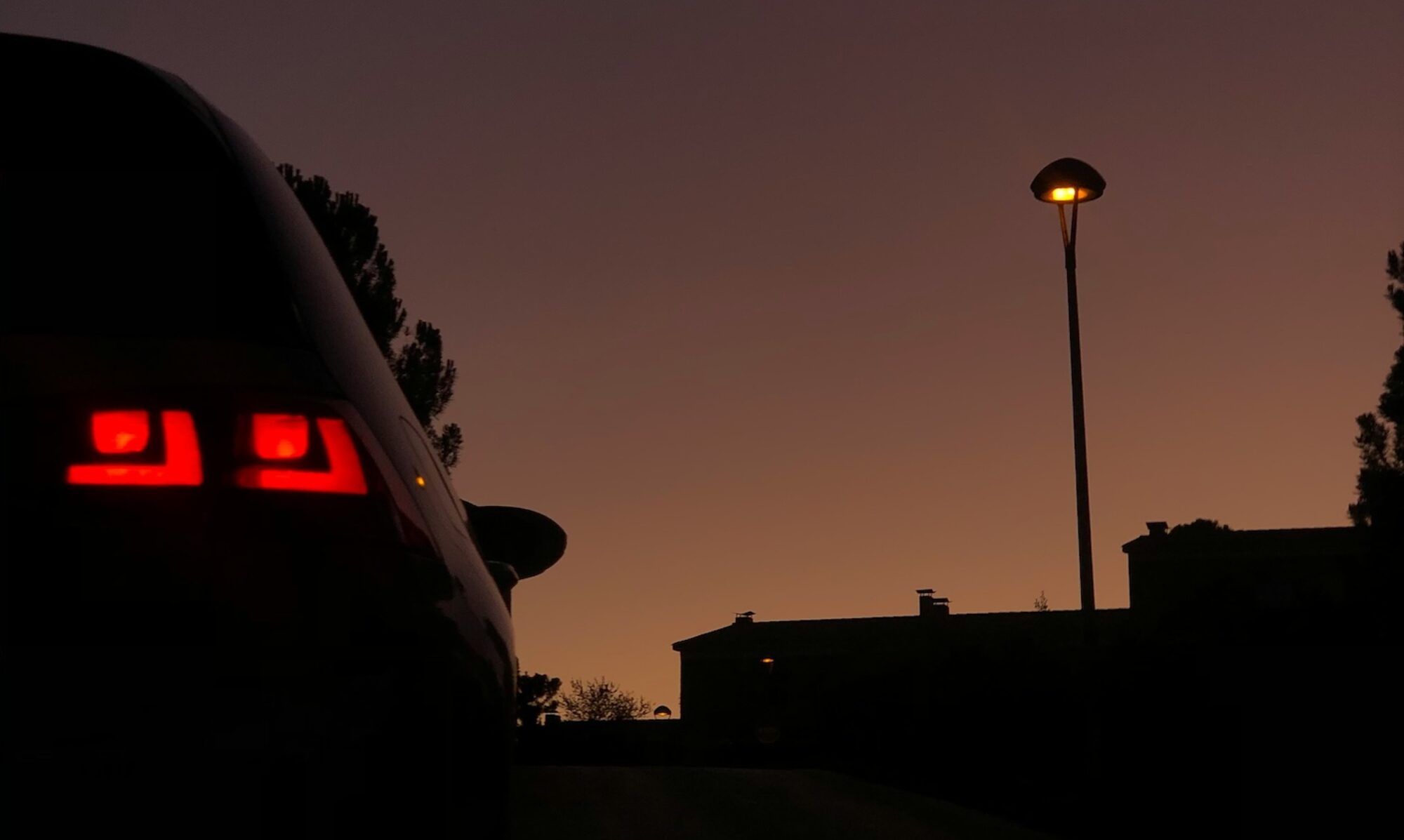 After a third day of searching — with seekers and searchers and planes equipped with all sorts of rescue gear scouring the waters of a square mile area comparable to the State of California — they have now found traces of AirAsia Flight QZ8501. All 162 passengers are feared dead. More information, bodies, and debris will most likely be heartbreakingly discovered after this posting.
After a third day of searching — with seekers and searchers and planes equipped with all sorts of rescue gear scouring the waters of a square mile area comparable to the State of California — they have now found traces of AirAsia Flight QZ8501. All 162 passengers are feared dead. More information, bodies, and debris will most likely be heartbreakingly discovered after this posting.
This is a tough one, friends. Granted, it’s no tougher than the never-found Malaysia Airlines Flight 370 last March or the intentional shooting down of Malaysia Airlines Flight 17 over the Ukraine in July. It’s hard to fathom the depth of the tragedy.
Tragedy is not indigenous to airline malfunctions. It is a tragedy to watch a loved one suffer, the disabled struggle, or a child starve. It’s a tragedy to witness any heart that breaks. Tragedy is one of the admitted, hardest challenges as a known part of life on planet Earth. As we’ve watched the search and rescue teams from a combination of countries anxiously search the Asian waters, that gut-wrenching reality has become all the more clear.
I continue to see pictures of the passengers’ families — relatives heartbreakingly huddled in a small room filled with little but shock and somber apprehension. There are no smiles. No laughs. Only tear-laden, grim glances, rarely looking up, as the hopes of individual survival dissipates each added tick of the clock. The pictures make the empathetic heart only share in such tears and grim glances.
So I think to myself… if one of us were to walk in that room right now, what would we say? What would we share?
If we were to walk into the room of those hurting, huddled masses yearning for their loved ones, what would we, could we, possibly utter?
I’d like to somehow humbly offer here, how the Intramuralist has just the right answer — that we know just the right words to soothe the aching heart — but I do not. Tragedy is not something that can be healed or glossed over by words or empty promises. Tragedy and brokenness can also not be soothed by any arrogance… self-servingness… revenge… rhetorical Band-Aids… insult or oppression of someone else…
And then I think of other tragedies outside of airplane accidents — especially these past few months — and how too often the hollowness of all of the above is justified. It cannot fill the ache.
What words and truth actually heal?
As we come to the end of another calendar year, I am poignantly reminded to focus on what’s most important and to always live with eternity in mind — to remember that there must be more to this life — more than just trying to make it through the day. I try to think of what’s bigger. Who is this great big God of the universe — who had to have created me — because something cannot come from nothing. What would God desire of me? If I can figure that out, my strongest sense is I will have value, purpose, and hope… a hope that would gird me through these tragedies.
Would I say that to the huddled masses in that room?
No… not right away at least. For now, I would simply be by their side… saying very little… praying… quietly letting them know I share their broken heart.
Respectfully… always…
AR



